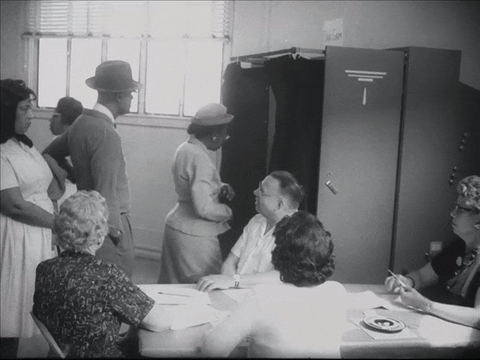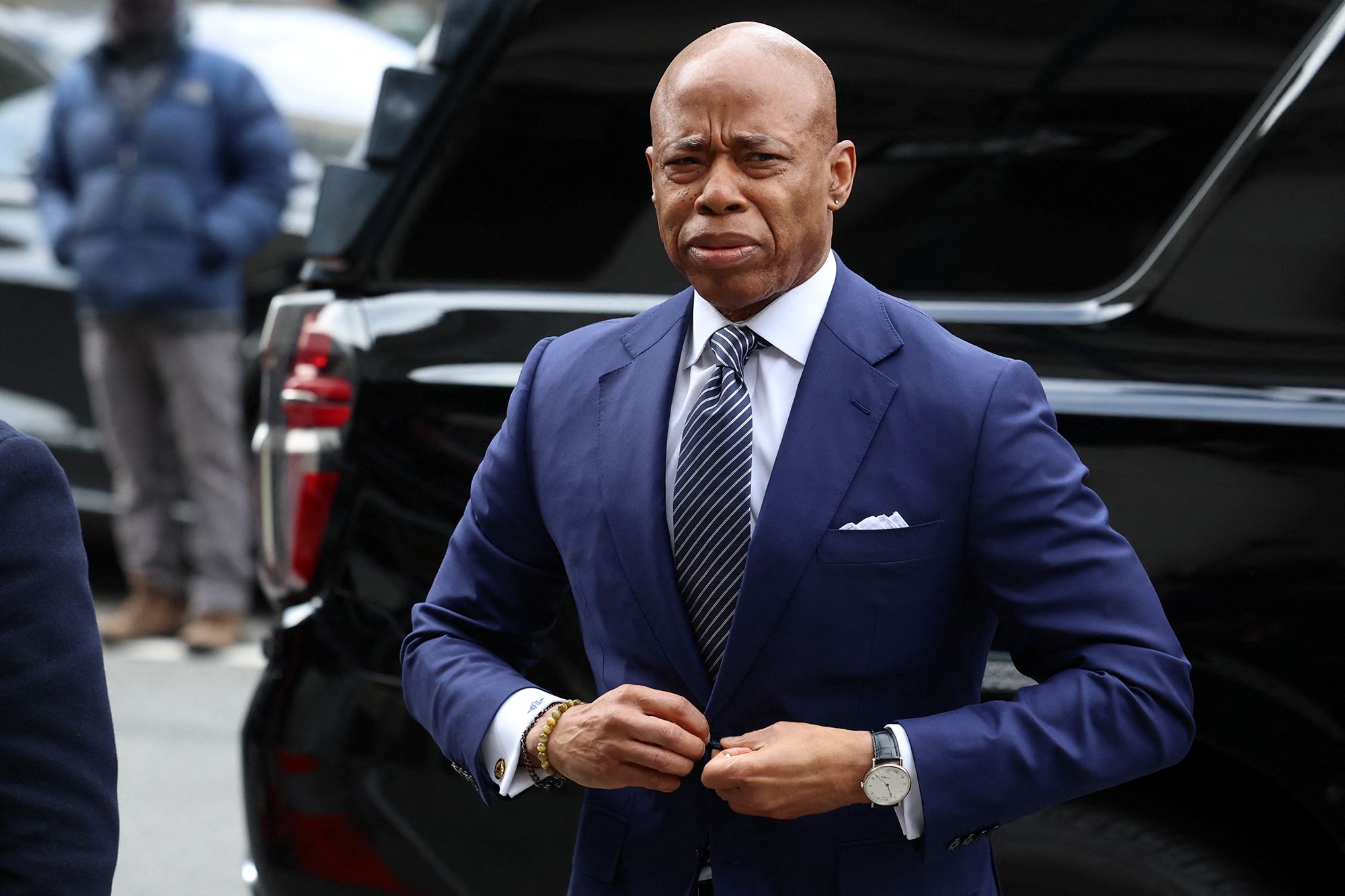- BlackVoter.Org
- Posts
- BlackVoter.Org
BlackVoter.Org


In an evocative reflection, Dr. Julianne Malveaux sheds light on the enduring struggles faced by Black Americans, emphasizing the historical disappointments stemming from governmental betrayals.
Drawing from her relationship with Dr. Olivia Hooker, a Tulsa Massacre survivor and pioneering Coast Guard member, Malveaux highlights the painful memory of government forces protecting oppressors during the Tulsa tragedy.
She questions the motives behind current policies attacking diversity, equity, and inclusion, and likens them to historical injustices, such as the segregation imposed by President Woodrow Wilson. By spotlighting figures like Daniel Murray, a marginalized but significant librarian at the Library of Congress, Malveaux underscores the resilience of Black individuals in the face of systemic adversity.

In a recent analysis, Athan Koutsiouroumbas argues that Donald Trump appears to be on track to secure a victory in Pennsylvania during the upcoming election. Citing key factors such as his strong support among working-class voters and the effectiveness of his canvas campaigns, Koutsiouroumbas examines the shifting political landscape in the state.
He notes that Pennsylvania's historical significance as a battleground state makes it a focal point for both parties, with Trump leveraging economic concerns and cultural issues to rally his base. As election season heats up, the dynamics in Pennsylvania could play a pivotal role, influencing not just state outcomes but potentially the national narrative.
Koutsiouroumbas' insights suggest that Trump's strategies may resonate well with voters, indicating a competitive race ahead.

In a gripping courtroom scene, a judge has yet to decide on the Justice Department's request to dismiss corruption charges against New York City Mayor Eric Adams. The motion has stirred controversy, prompting the resignation of eight federal prosecutors, including the interim U.
S. attorney.
During the hearing, prosecutors argued that continuing the case would undermine Mayor Adams’ ability to govern and potentially disrupt the upcoming 2025 elections. Adams, facing accusations of bribery and corruption linked to his alleged ties with the Trump administration, vehemently denied any wrongdoing, asserting that he has not committed a crime and received no promises in exchange for his consent to the dismissal.
As the judge emphasized the complexity of the situation, he refrained from making a swift decision, indicating he will take time to reflect before ruling on this high-stakes legal drama that has captivated New York politics.

In a nation split by political divides, a recent analysis highlights which demographics are most disenchanted with Donald Trump as he embarks on his second term. Despite winning the presidency, Trump's approval rating is precariously close to a 50/50 split, with a staggering 39.
3% of voters strongly disapproving of his leadership. According to polling data from Morning Consult, demographic groups including Democrats, liberals, and younger generations exhibit particularly low approval, with some ratings plunging as low as -80.
2% among those who voted for Kamala Harris. Trump's rapid-fire executive actions—over 50 in just 18 days—have intensified division, leaving many to voice concern over his aggressive reshaping of government.
As Americans remain polarized, the reactions to Trump's presidency underscore a nation grappling with contrasting ideologies and sharp disagreements over policy directions.

In a thought-provoking letter to Eric, a reader expresses frustration over a long-time friend's constant complaints about societal issues, despite her ability to make meaningful changes. While the friend is empathetic and politically engaged, she lives comfortably with two homes and substantial wealth, yet doesn’t take active steps to help those in need.
The reader suggests bold actions, like selling a second home to fund scholarships and support underserved communities, but fears the backlash of confronting her friend's hypocrisy. Eric encourages the reader to share these suggestions gently, framing them as opportunities for collaboration in charity.
After all, sometimes a little nudge can inspire significant change! This heartfelt exchange highlights the challenges of addressing inaction in friends while promoting a call to rise beyond talk and make a tangible difference in the world.

In a powerful exploration of a significant chapter in Black history, the article delves into the promise of "40 acres and a mule," a term that emerged from Union General William Tecumseh Sherman's Special Field Order No. 15 in 1865.
This initiative aimed to provide newly freed Black families with land and resources to begin building their lives after slavery. Unfortunately, the promise was quickly rescinded by President Andrew Johnson, echoing a long history of broken treaties and unfulfilled commitments to African Americans.
Today, this phrase serves as a rallying cry in the ongoing struggle for reparations and racial equity, representing the historical injustices that still resonate. The article highlights the resurgence of interest in reparations, illustrating the critical need for acknowledgment and redress of past wrongs, as America grapples with its legacy of systemic racism and inequality.

In a captivating exploration of hip-hop culture, David Matthews delves into the curious relationship between rappers and Donald Trump, revealing how the polarizing figure has evolved from a symbol of aspiration to a controversial ally. Artists like A$AP Rocky, Snoop Dogg, and Kendrick Lamar reflect the complex interplay of race, power, and politics in America.
Despite his tumultuous past with the African-American community, Trump's image has persisted in rap lyrics as a marker of wealth and ambition. Strikingly, his legal battles resonate with many in the hip-hop world, creating an unexpected cultural solidarity.
As rappers navigate their own struggles with the justice system, Trump’s claims of “prosecutorial persecution” gain traction. While not all of hip-hop embraces him, this alignment raises profound questions about America's narrative on wealth, race, and the evolving definitions of success.
Can a controversial figure become a symbol of resilience within a subculture? The answer lies in the beats and rhymes of today’s rap.